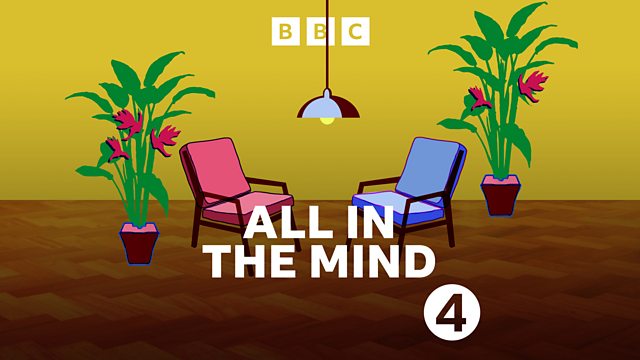Tetris as therapy; internet addiction and teens; the psychology of secrets
Playing Tetris to help with intrusive memories; the impact of internet addiction on teenage brains; the psychological burden of keeping secrets; and how to choose a good confidant.
You probably know the video game Tetris, perhaps you’ve even played it, but have you ever thought about it as therapy? Claudia Hammond talks to Professor Emily Holmes from Uppsala University, about her work using Tetris as a psychological intervention for unwanted memories. During the pandemic many ICU workers found they were experiencing intrusive memories about the traumatic events they had experienced. Prof Holmes and her colleague, consultant clinical psychologist Dr Julie Highfield, ran a trial offering Tetris therapy to ICU workers and showed they could reduce intrusive memories significantly.
Next, you may have seen headlines this week suggesting that teenage brains could be worryingly and irrevocably changed by excessive internet use. It is the latest in a recent surge of concern about teenagers' relationship to technology. Claudia and studio guest, Sarah king from Sussex University, dig into the research and discover that the evidence isn’t as worrying as the headlines make it sound.
And do you have a secret? Apparently most of us do and we can't resist thinking about them even though that rumination can impact our wellbeing. Claudia discusses the psychology of secrets with Dr Michael Slepian from Columbia University in New York.
Presenter: Claudia Hammond
Producer: Lorna Stewart
Production Coordinator: Siobhan Maguire
Studio Manager: Emma Harth
Content Editor: Holly Squire
ICU workers testimony clips taken from /sounds/play/m000j22z
Last on
More episodes
Broadcast
- Tue 11 Jun 2024 09:30Βι¶ΉΤΌΕΔ Radio 4
Podcast
-
![]()
All in the Mind
The show with the latest evidence on psychology, mental health and neuroscience.




